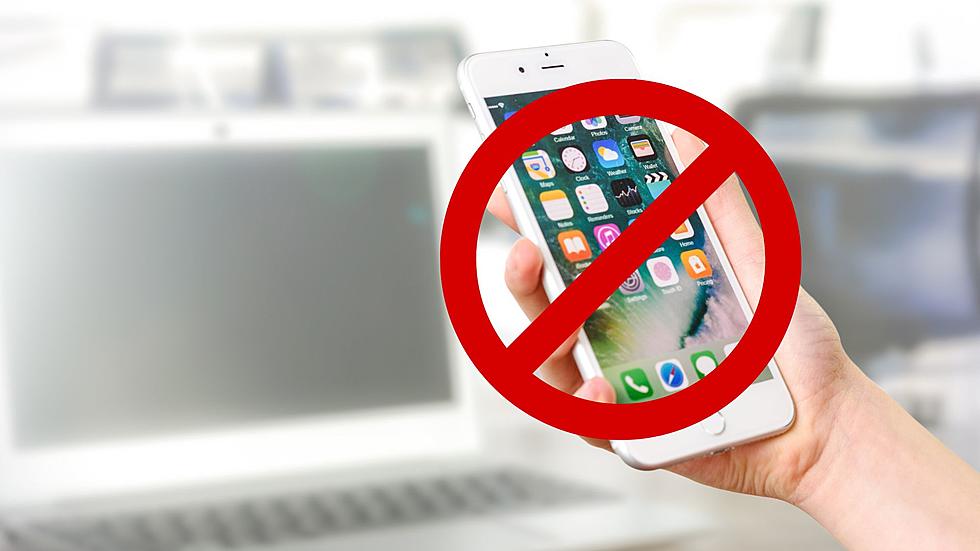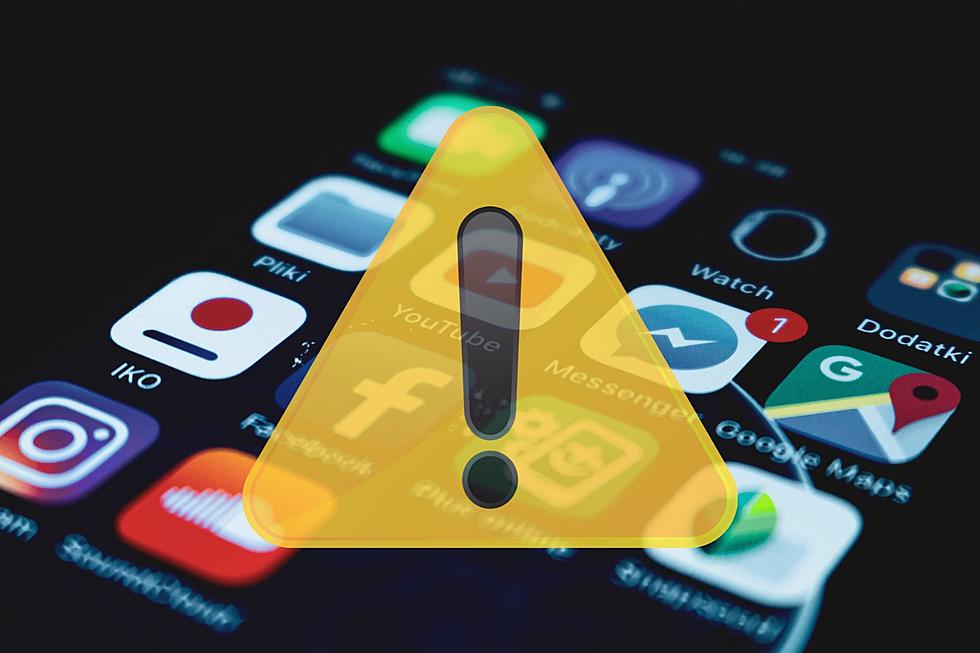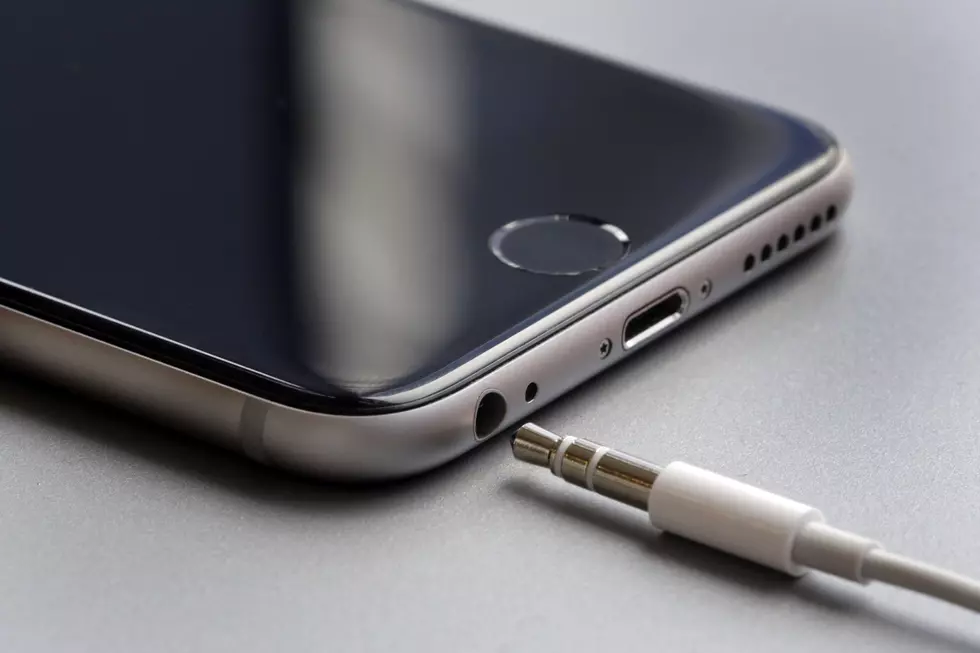![New iPhone to Debut September 10th – Which Do You Prefer? Android or iPhone? [POLL]](http://townsquare.media/site/385/files/2013/08/iphone.jpg?w=980&q=75)
New iPhone to Debut September 10th – Which Do You Prefer? Android or iPhone? [POLL]
I had gotten the iPhone 4 back when it first came out since my flip phone died on me, and all I kept getting from friends and relatives was, “Ray….you gotta be kidding”, every time I whipped out the old phone.
So, I’m now “tweeked” as they say.
Or at least I think I am.
I still haven’t figured out how to use the damn thing; but be that as it may.
In fact, anytime I come across someone with an Android, they can’t wait to extol the virtues of having one.
You may as well be speaking Greek to me.
So I have to wonder if the introduction of the new iPhone is going to be greeted with the same enthusiasm as every other one.
Circle September 10 on Your Calendar for Apple’s Big iPhone Event
Apple is expected to unveil its next iPhone at a special event on Sept. 10, sources told AllThingsD.
The launch comes at an important time for Apple, which continues to make a lot of money from the iPhone but has seen its global market share dip amid a growing wave of lower-cost Android devices, as well as an intense battle with archrival Samsung.
One of the key questions is whether Apple adopts a new tactic to address the midrange of the smartphone market. Historically, Apple has gone after those customers by offering its year-old and two-year-old models for $100 and $200 less than a new iPhone. However, there has been a great deal of talk that the company will debut a new lower-cost iPhone alongside whatever update it has in store for the current iPhone 5.
Much of the speculation there has centered on the usual kinds of camera and processor enhancements, as well as the likelihood of a fingerprint sensor. That has been expected ever since Apple acquired Authentec last year.
Consumers, investors (and reportedly board members, as well) have been pressing Apple for a more rapid pace of innovation.
My guess is that the rapid pace of innovation died along with Steve Jobs.
And all of this come in face of the news that sales of the iPhone sink as Android seizes market share.
Google's Android software continues to steamroll the competition in smartphones, posing bigger problems for companies like Apple and BlackBerry.
New data Wednesday from research firm IDC found that Apple's share of the global market slid to 13.2 percent in the second quarter from 16.6 percent in the year-earlier period.
Handsets running Android, meanwhile, jumped to 79.3 percent from 69.1 percent.
The signs are particularly ominous for one-time market leader BlackBerry, despite some high-profile product announcements recently.
Android is given away free to handset makers by Google, whose strategy is to make money on advertising associated with mobile devices.
Again, it’s all Greek to me.
But given the ubiquity of smartphones and the fact that, at least as far as I’m concerned, most of us will have one very soon; which do you prefer, Android or iPhone?
More From New Jersey 101.5 FM









